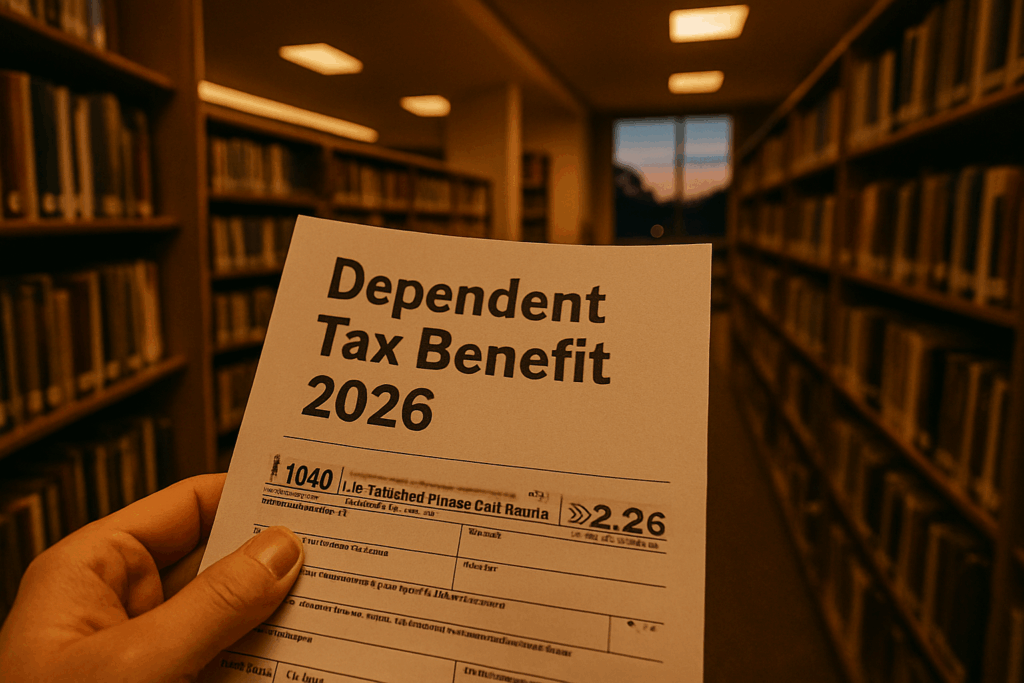What Is Cozotaijin?
First things first: let’s unpack what Cozotaijin actually is. Cozotaijin is a brand formulation that’s typically used to treat symptoms of cold and flu. It’s often marketed in certain Asian countries and contains a mix of ingredients that might include analgesics (like acetaminophen), antihistamines, and sometimes herbal extracts.
It’s not globally regulated under one standard, and compositions may vary depending on the market. That’s the first red flag: if you don’t know exactly what’s in it, you can’t exactly know how it’ll affect pregnancy.
can pregnant woman take cozotaijin
This is the critical question, and unfortunately, there’s no blanket answer.
Most medical professionals advise extreme caution when considering any medication during pregnancy, particularly in the first trimester. Regarding Cozotaijin specifically, there’s limited clinical evidence available to either confirm or completely rule out its safety for pregnant women.
The phrase “better safe than sorry” gets thrown around a lot—but with good reason. The developing fetus is sensitive to a range of substances, and what’s harmless to the mother may not be harmless to the baby.
In the absence of detailed clinical trials around Cozotaijin, most OB/GYNs would recommend avoiding it—unless a medical professional familiar with its ingredients gives it the green light. The default answer to “can pregnant woman take cozotaijin?” should be: only if your doctor says it’s safe.
Key Ingredients to Watch Out For
Because Cozotaijin may contain a mix of drugs, let’s break down a few ingredients commonly found in cold remedies and how they relate to pregnancy:
Acetaminophen: Generally considered safe during pregnancy in moderation. It’s widely used for pain and fever relief. Chlorpheniramine or other antihistamines: Some are considered safe, especially in the second and third trimesters. Caffeine: Can affect fetal heart rate and is advised in low doses only. Ephedrine or pseudoephedrine: Stimulates blood pressure and may interfere with fetal blood flow; use is not recommended.
Now imagine juggling all that with uncertain herbal components. That’s why unregulated or mixedingredient medications remain a hard pass for many health professionals.
Herbal Extracts Aren’t Automatically Safe
The term “herbal” can be misleading. A lot of people associate herbal ingredients with safety, but that’s a false sense of security.
Herbal compounds—like ginseng, for example—can act just like pharmaceutical drugs and may carry risks during pregnancy. Some can cause uterine contractions, affect hormone levels, or interfere with prenatal development.
If Cozotaijin includes herbs, you’ll want a breakdown of exactly what those herbs are. And even then, consult your OB or a pharmacist who has access to uptodate pregnancyrelated guidance.
Alternatives You Can Actually Trust
If you’re fighting a cold while pregnant, and you’re wary of ingredients you can’t pronounce, you’re not alone. Here are safer options for symptom relief that most providers back:
Hydration: Water, broths, and electrolyte drinks help loosen congestion. Rest: Your body naturally boosts immunity when it’s wellrested. Acetaminophen: Safe in moderation for headaches or mild fever. Saline nasal sprays: Safe option for nasal congestion. Honey and lemon: Great for soothing sore throats and coughs.
Sometimes the oldschool stuff works best—and causes fewer complications in the long run.
When to Seek Medical Advice
Even if your symptoms feel mild, it’s still smart to check in with your doctor before taking anything unfamiliar. Here’s when you absolutely must see your healthcare provider:
If you spike a fever over 101°F If you have persistent cough or body aches If you notice decreased fetal movement If you’re experiencing fatigue beyond a typical cold
They’re not just there for labor and delivery—they’re your primary line of defense all nine months.
Final Take
So, let’s come back to the core question: can pregnant woman take cozotaijin? Unless a doctor gives you a confident yes based on all known ingredients in your specific version, it’s better to avoid it. The unknowns outweigh the potential benefits, especially when so many safer alternatives are available.
Pregnancy is a time of precision. What might seem like a minor medication decision can ripple into something bigger. The best route? Stay skeptical of unfamiliar brands, go ingredient by ingredient, and don’t skip the consultation with your doctor. Your baby’s still developing—and so is their resilience to foreign substances. Make decisions accordingly.




